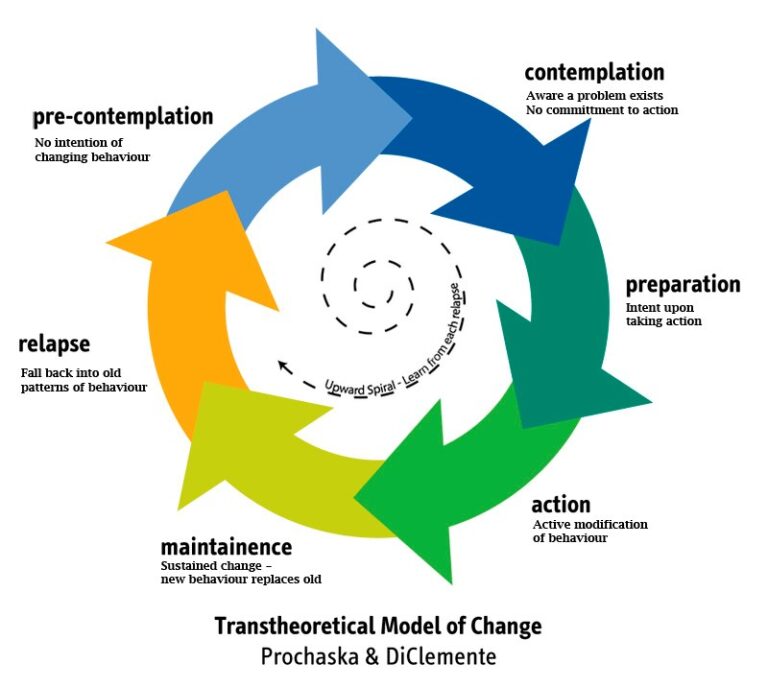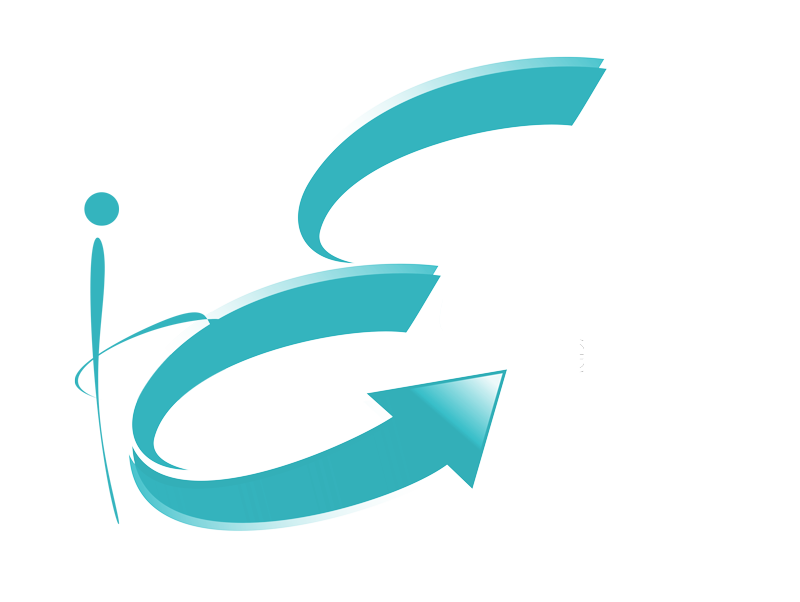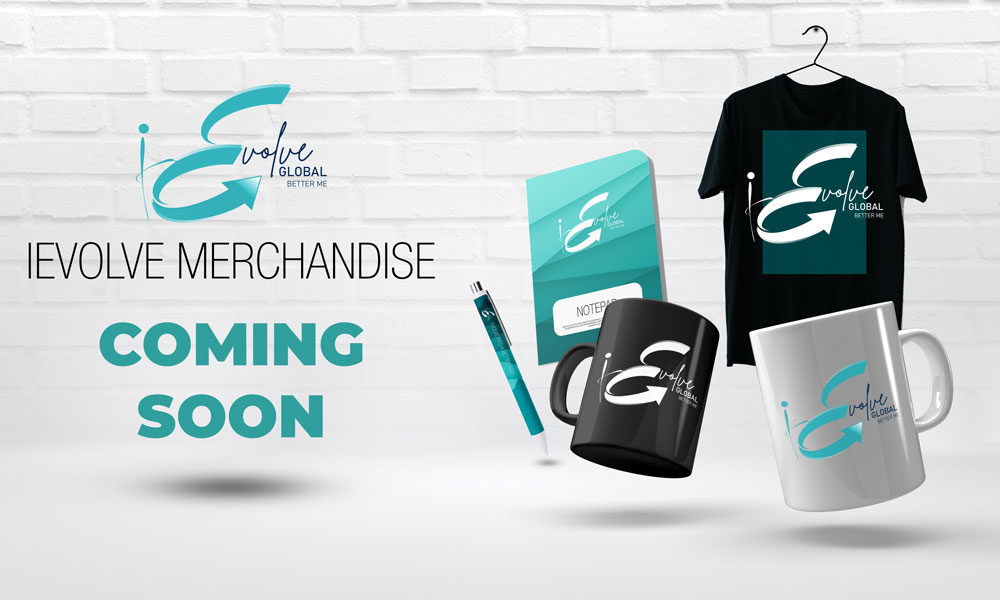Change Corner
Evolution begins when you decide to EVOLVE!
CHANGE CORNER
Evolution begins when you decide to EVOLVE!
iEvolve Daily
Quotes | Tips | Verses

“Good mental health is not just the absence of mental illness, it’s the ability to cope with life’s challenges, form meaningful relationships, and thrive in a constantly changing world.”
Dr. L. Ipsum | Life Quote Maker Extraordinaire
iEvolve Weekly Devotional
Thoughts From The Heart
“Good mental health is not just the absence of mental illness, it’s the ability to cope with life’s challenges, form meaningful relationships, and thrive in a constantly changing world.”
Are you ready to change for real? or are you just saying it?
Many people are unaware they need to change, others are aware of the need to change but have not started talking about it. This is intended to help people identify where on the change continuum they fall.
The Trans-theoretical Model (also called the Stages of Change Model), was developed by Prochaska and DiClemente in the late 1970s. It was determined that people change if they were ready to do so. Thus, the Trans-theoretical Model (TTM) focuses on the decision-making of the individual and is a model of intentional change. The TTM operates on the assumption that people do not change behaviors quickly and decisively. Rather, change in behavior, especially habitual behavior, occurs continuously through a cyclical process.
Change exists on a continuum. Use the checklist below to determine which stages of change are you?
Hover & click on each tile to learn more.
Tap on each tile to learn more.

Pre-contemplation: In this stage…
- I do not intend to take action in the near future (within the next 6 months).
- I am unaware that my behavior is problematic or produces negative consequences.
- I do not fully understand the pros of changing the behavior and place too much emphasis on the cons of changing behavior.

Contemplation: In this stage…
- I intend to start the new behavior in the foreseeable future (defined as within the next 6 months).
- I recognize that my behavior may be problematic, and I have been more thoughtful and practically considering the pros and cons of changing the behavior
- Even with this recognition, I still feel ambivalent toward changing the behavior.

Preparation (Determination): In this stage…
- I am ready to take action within the next 30 days.
- I started to take small steps toward the behavior change,
- I believe changing their behavior can lead to improvement.

Action: In this stage…
- I have recently changed my behavior (defined as within the last 6 months)
- I intend to keep moving forward with that behavior change.
- I have been modifying my problem behavior and or acquiring new healthy ones.

Maintenance: In this stage…
- I have sustained my behavior change for a while (defined as more than 6 months)
- I intend to maintain the behavior change going forward.
- I have started to work to prevent relapse to earlier stages.

Termination: In this stage…
- I have no desire to return to the unhealthy behaviors
I am sure I will not relapse.

Pre-contemplation: In this stage…
- I do not intend to take action in the near future (within the next 6 months).
- I am unaware that my behavior is problematic or produces negative consequences.
- I do not fully understand the pros of changing the behavior and place too much emphasis on the cons of changing behavior.

Contemplation: In this stage…
- I intend to start the new behavior in the foreseeable future (defined as within the next 6 months).
- I recognize that my behavior may be problematic, and I have been more thoughtful and practically considering the pros and cons of changing the behavior
- Even with this recognition, I still feel ambivalent toward changing the behavior.

Preparation (Determination): In this stage…
- I am ready to take action within the next 30 days.
- I started to take small steps toward the behavior change,
- I believe changing their behavior can lead to improvement.

Action: In this stage…
- I have recently changed my behavior (defined as within the last 6 months)
- I intend to keep moving forward with that behavior change.
- I have been modifying my problem behavior and or acquiring new healthy ones.

Maintenance: In this stage…
- I have sustained my behavior change for a while (defined as more than 6 months)
- I intend to maintain the behavior change going forward.
- I have started to work to prevent relapse to earlier stages.

Termination: In this stage…
- I have no desire to return to the unhealthy behaviors
I am sure I will not relapse.

Pre-contemplation: In this stage…
- I do not intend to take action in the near future (within the next 6 months).
- I am unaware that my behavior is problematic or produces negative consequences.
- I do not fully understand the pros of changing the behavior and place too much emphasis on the cons of changing behavior.

Contemplation: In this stage…
- I intend to start the new behavior in the foreseeable future (defined as within the next 6 months).
- I recognize that my behavior may be problematic, and I have been more thoughtful and practically considering the pros and cons of changing the behavior
- Even with this recognition, I still feel ambivalent toward changing the behavior.

Preparation (Determination): In this stage…
- I am ready to take action within the next 30 days.
- I started to take small steps toward the behavior change,
- I believe changing their behavior can lead to improvement.

Action: In this stage…
- I have recently changed my behavior (defined as within the last 6 months)
- I intend to keep moving forward with that behavior change.
- I have been modifying my problem behavior and or acquiring new healthy ones.

Maintenance: In this stage…
- I have sustained my behavior change for a while (defined as more than 6 months)
- I intend to maintain the behavior change going forward.
- I have started to work to prevent relapse to earlier stages.

Termination: In this stage…
- I have no desire to return to the unhealthy behaviors
I am sure I will not relapse.
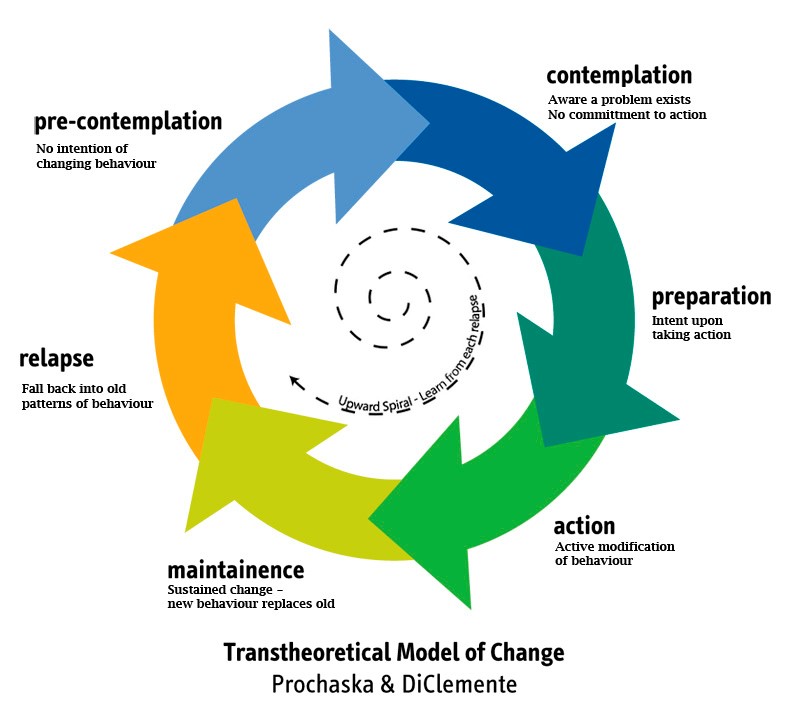
If you need help identifying where on the journey you are or need help to move through the stages, contact us for further assistance.
Dear Counsellor
Reach Out!
We are vested in your evolution and would love to assist with working through any challenges you are currently navigating. You can submit your scenario, questions, concerns to us and we will be more than happy to assist you.
*and don’t worry, your information is confidential.

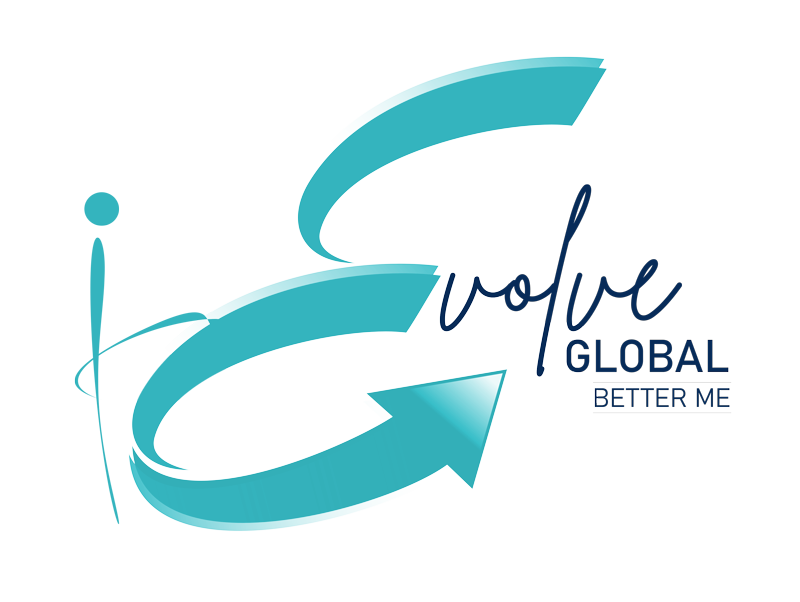
FORM COMING SOON!


